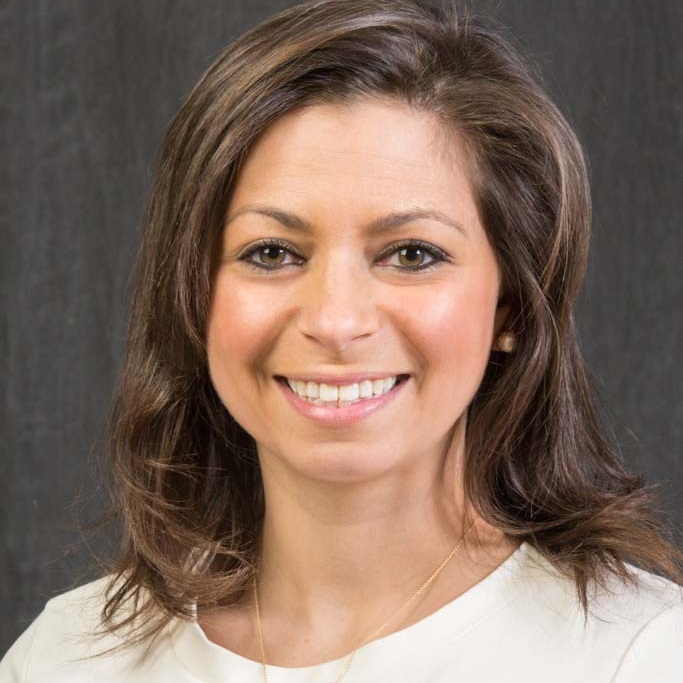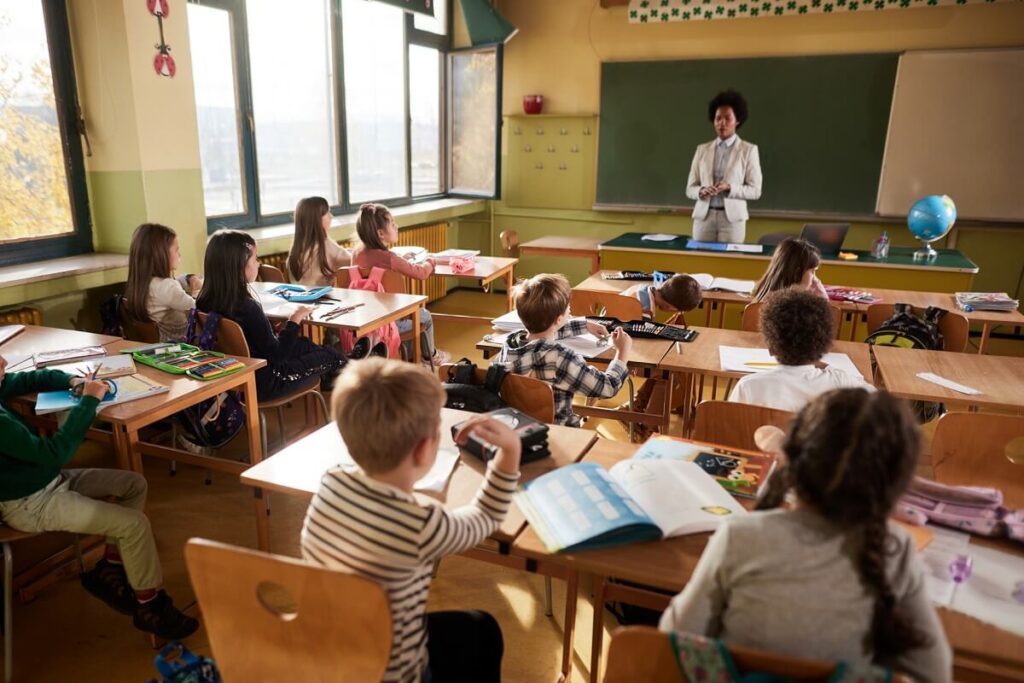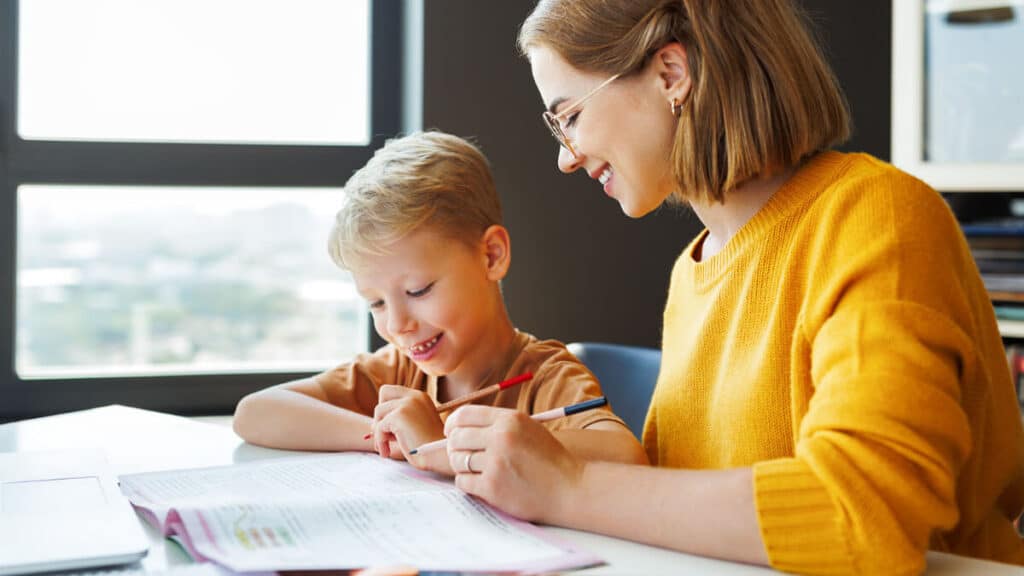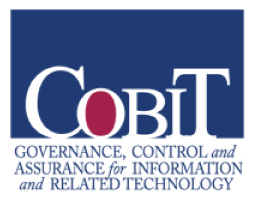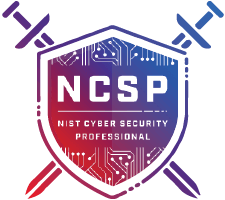Social and emotional learning. Some think this sounds touchy feely, soft, lovey-dovey, full of hugs and smiles; not academic, not rigorous, not something that belongs in school. This couldn’t be more inaccurate. Social and emotional learning is for all learners in the classroom, including students requiring Tier 2 and 3 supports and the teachers who educate them. However, the focus on all learners has been remiss in the current design of most social and emotional learning efforts. A gap RethinkEd is working hard to fill.
Social and emotional learning, or SEL, refers to evidence-based practices informed by rigorous, systematic social science that underscore the way we understand, use, and manage emotions to learn. Emotions drive how we think, pay attention, make decisions, manage our time, and countless other processes that impact how students and teachers show up in the classroom. SEL programs cultivate the development of five interrelated sets of cognitive, affective, and behavioral competencies: self-awareness, self-management, social awareness, relationship skills, and responsible decision-making. These competencies underscore the capacity to learn, develop and maintain mutually supportive relationships, and be healthy, physically and psychology. (Visit www.casel.org for more information on the evidence supporting each competencies).
Scientific studies evaluating the impact of SEL programs show that these practices improve students’ academic performance, behavior, and attendance. These practices help students and their teachers form and sustain better quality relationships, and improve both students’ and teachers’ psychological health and well-being.
RethinkEd values learning for every student and is excited to expand the reach of quality SEL practice to meet the needs of the diverse learners and our schools. EVERY child deserves quality SEL learning experiences.
To learn more about the positive impact SEL can have on ALL learners email info@rethinked.com.
About the Guest Author

Susan E. Rivers, Ph.D.
Executive Director and Chief Scientist for iThrive Games
Susan E. Rivers, Ph.D. is the Executive Director and Chief Scientist at iThrive Games, where she uses her expertise in adolescent social and emotional development to lead innovative game and experience design that promotes and protects teen mental health. Dr. Rivers earned her doctorate in psychology as well as a Master’s of Science and a Master’s of Philosophy from Yale University, held postdoctoral appointments at Yale University and Cornell University, was a lecturer at Skidmore College, served as research faculty in the Department of Psychology at Yale University for over a decade, and was a co-founder of the Yale Center for Emotional Intelligence. She is a fierce believer in the genius of young people and an advocate for their wellness, spending the last two decades developing, leading, and evaluating programs and efforts that support their social and emotional development.
With iThrive, she has co-designed responsive and immersive games, tools, and experiences for teens that support their wellness and learning about themselves, society, and the world. Her research has been funded by the William T. Grant Foundation, the Spencer Foundation, the Institute of Education Sciences, the Einhorn Family Charitable Trust, Air Force Research Laboratory, and others. She is serving a 5-year term as a Principal Member of the Social and Behavioral Education Research Peer Review Panel with the Institute of Education Sciences. Dr. Rivers is also the founding Editor-in-Chief of the Journal of Games, Self, and Society and is an alum of the Large-Scale Social Change Leadership Fellowship with the Billions Institute.

